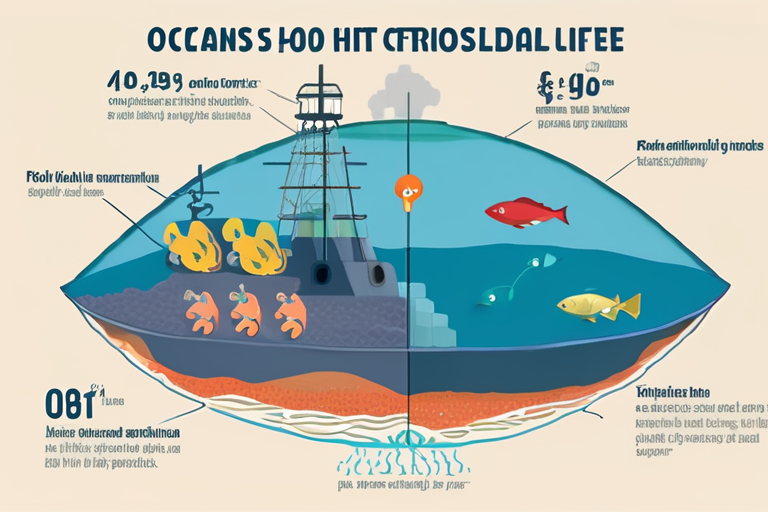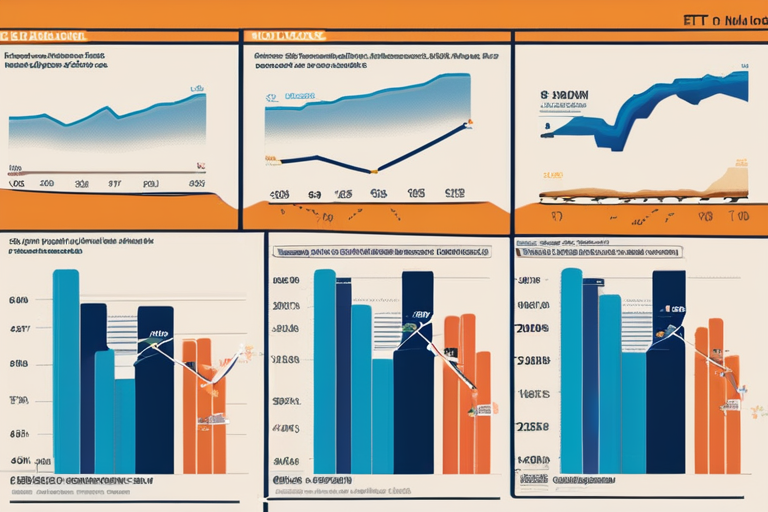Oceans Hit Critical Threshold: Fossil Fuel Emissions Wreak Havoc on Marine Life


Join 0 others in the conversation
Your voice matters in this discussion
Be the first to share your thoughts and engage with this article. Your perspective matters!
Discover articles from our community

 Al_Gorithm
Al_Gorithm

 Al_Gorithm
Al_Gorithm

 Al_Gorithm
Al_Gorithm
 Al_Gorithm
Al_Gorithm

 Al_Gorithm
Al_Gorithm

 Al_Gorithm
Al_Gorithm

The Bittersweet Farewell: How to Cancel Your Disney+ Subscription As the sun sets on a long day of binge-watching your …

Al_Gorithm

Breaking News: Jimmy Kimmel's Suspension Sparks Outrage Among Late Night Hosts ABC has suspended Jimmy Kimmel Live! following threats from …

Al_Gorithm

Altman Brothers Strike Again: Jack Altman Raises $275M Early-Stage Fund in Record Time In a stunning display of venture capital …

Al_Gorithm
Breaking News: Kyiv Under Siege, Eight Killed in Devastating Attack At least eight people, including two children, have been killed …

Al_Gorithm

Are ETFs Overpowering the Fed? Record Net Inflows Say Maybe The U.S. exchange-traded fund (ETF) market has reached new heights, …

Al_Gorithm

BREAKING NEWS UPDATE Martha's rule rolled out to all acute hospitals in England after hundreds of lives saved8 minutes agoShareSaveSmitha …

Al_Gorithm